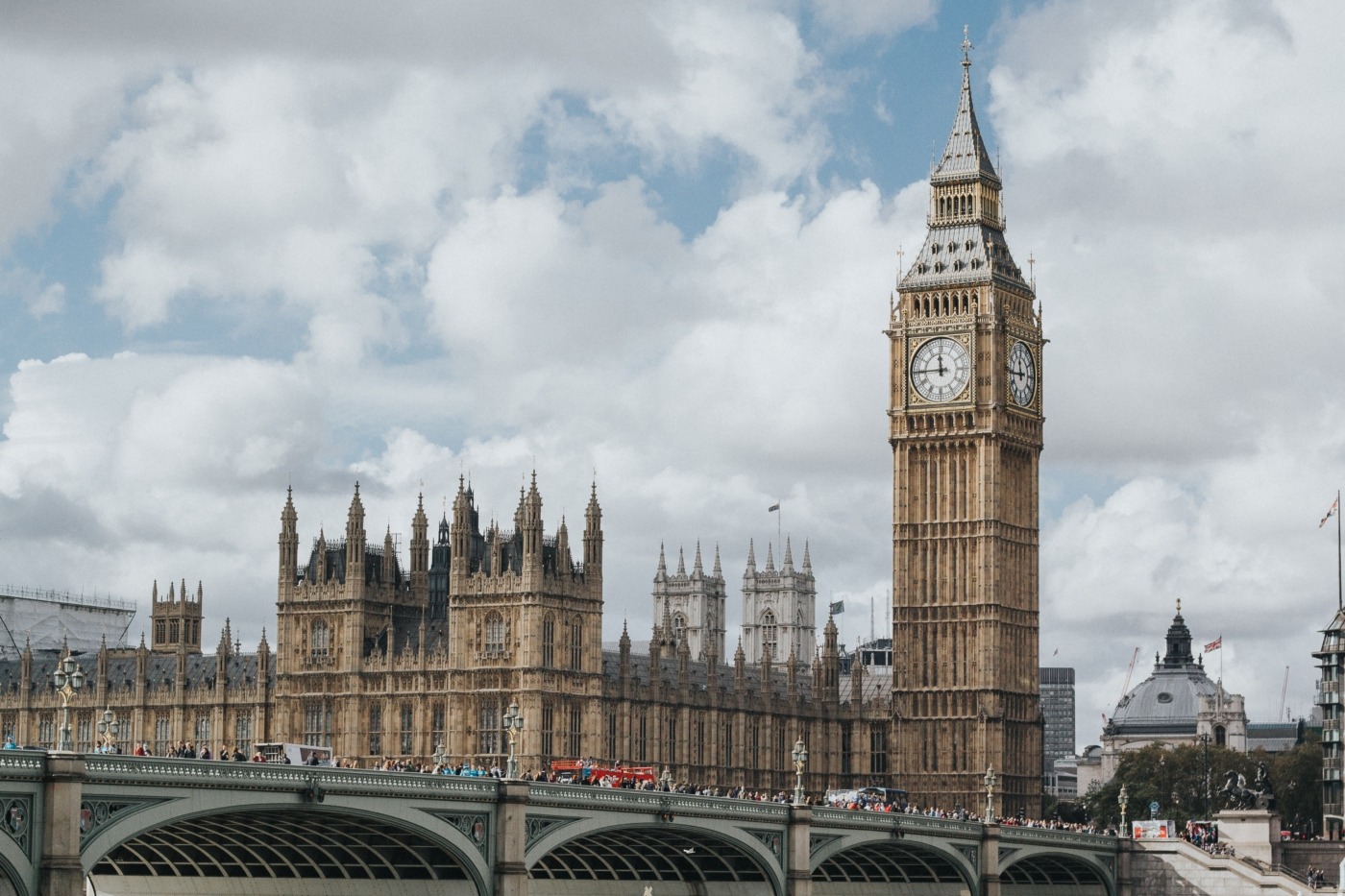Let’s talk economic recovery
In the third lockdown, the UK saw a great peak in furloughed workers, rising to 4.7 million in January. Groups most affected were women, young people, and those working in hospitality sectors. The impact of the furlough system also has many wider effects on the economy. While the government prepares for implementing their recently outlined plan of easing restrictions (thanks to the introduction to the vaccine), they must heavily consider how to grow and strengthen the UK economy to start to return the country’s budget to something close to its pre-pandemic state. This poses many questions for the government’s next steps, considering long-term growth once the short-term recovery is dealt with. Many shifts in the labour market have taken place and more are expected to arise as job creation is likely to be the focus when tackling the unemployment rates brought on by the pandemic.
Considering the vaccine rollout, the country is seeing good times ahead with masses of improvement in terms of in-person teaching, hope with family interaction in the home, and even the possibility of a long British summer. The provisional assumption is that, when enough of the population are vaccinated, it will be deemed safe for everyone to enjoy the nice weather with in-person activities. However, is this focus on social recovery in the face of economic ignorance?
For people to be encouraged to go back to work, the government must focus on job creation and employee retention
Turning our attention to the long-term effects on the job market, there is clearly much uncertainty as to whether the economy will ever be able to fully recover from so many people being without steady income for such a long time. Even if this recovery does happen, the effects of this mass shift in furloughed employees means that the UK economy may take a significant period to reach that stage. For people to be encouraged to go back to work, the government must focus on job creation and employee retention. Entering a post-pandemic workforce, where the necessity for certain roles may have shifted, employers will be demanding different skills and roles. Most companies could be reluctant to return to their previous office hours now that working from home has proven useful in some instances.
Boris’ exit plan for lockdown, while perhaps intended to be written in the best interests of both the economy and the public, is not cautious enough. It must be noted that the government have tried to learn from their mistakes in previous lockdown measures by setting out more rigid guidelines in this approach. Boris even referenced that there will be no Scotch Egg debate and that people can order drinks without a substantial meal when pubs can officially open. However, the government are not necessarily holding their hands up to the ambiguous approach, where they prioritise some things opening over others.
The choices that the government has made to prioritise some contact over others begs the question of whether the state should have the power to make that decision
In this exit plan (despite seeing more rigid rules), the UK still sees discrepancies between what is and what is not acceptable for social contact. The choices that the government has made to prioritise some contact over others begs the question of whether the state should have the power to make that decision. It seems that the state is still placing values on human lives when they are deeming the return to schools more important than waiting a few months for the summer target where all adults should be vaccinated. If the government is delaying the return to nightclubs then why are they not delaying the return to schools and pubs, and so on? Throughout the last year, we have seen the government’s priority of economic recovery and the return of what benefits the state over considering what is more important for everyone to endure (whether that is the preference of staying in isolation until a higher percentage of the population is vaccinated or otherwise).
While the UK’s economic recovery will be a long-term endeavour for all parties, the government should perhaps take their hands off this issue for a moment to focus on the deaths and health issues that are causing personal suffering. The consideration of this economic disaster, as the market flow has stopped and people are not able to work from home or find work anymore, is important in the long run. But, as the infamous economist, John Maynard Keynes, said: “In the long run, we’re all dead!”

Comments